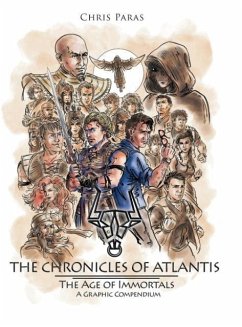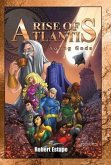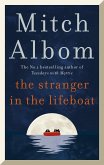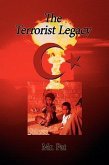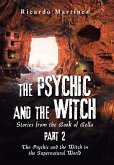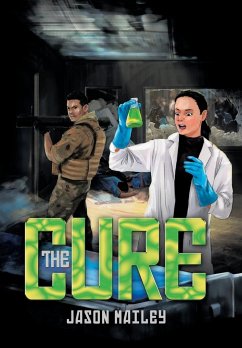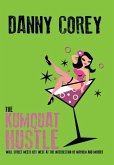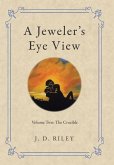Since my childhood, the great mythologies of ancient Greece were ingrained into my mind and my identity. I am often asked how the concept of The Chronicles of Atlantis series came to me. As my knowledge base grew, I investigated Egyptian and Sumerian antiquity, immersing myself in a sea of enchanting stories of heroes and villains, gods and men. Where did these stories come from? The concept of dictating oral tradition is exemplified with some of the greatest pieces of literature in history, including but not limited to works such as the Iliad and the Epic of Gilgamesh. But where did the oral traditions come from? What induced cultures and peoples of a pre-literary era to craft stories of the feats of great men and women generation after generation? They sent them to us like a message in a bottle placed on the sea of time. Almost like tracing a tree backwards towards its root, such is tracing the origins of these stories that so much of the world has grown up to commemorate and derive meaning from. These stories serve as fertilizer for the growth of courage in the human soul. They irrigate civilization itself. Wasn't it Achilles who was willing to give up his small mortal existence so the meaning of his name would represent something for time immemorial? Imagining the origins of myths directly parallels the origins of civilization as well. When did man first organize into a civil state? Was there more than one seedling of civilization in different parts of the world? Modern archaeology seems to be moving in the direction of the answer being yes. So, all of the aforementioned concepts served as a platform in my mind for this fictional universe. This graphic compendium is an illustrated depiction of this fictional and entertaining universe. A snapshot into my imagination, if you will! Many of the mythologies that influenced my depiction of this story are about human success, as well as suffering. They exist so we can understand our own nature, and most importantly our ability to rise above anything. It is not the pain of their struggle that grips us only as entertainment, but rather so we can find meaning in our suffering. I need to add that I am truly grateful that such a number of people have enjoyed this story. Enjoy these wonderful illustrations and stay tuned for the next part of this series, The Chronicles of Atlantis: Dark Tides, coming very soon!

